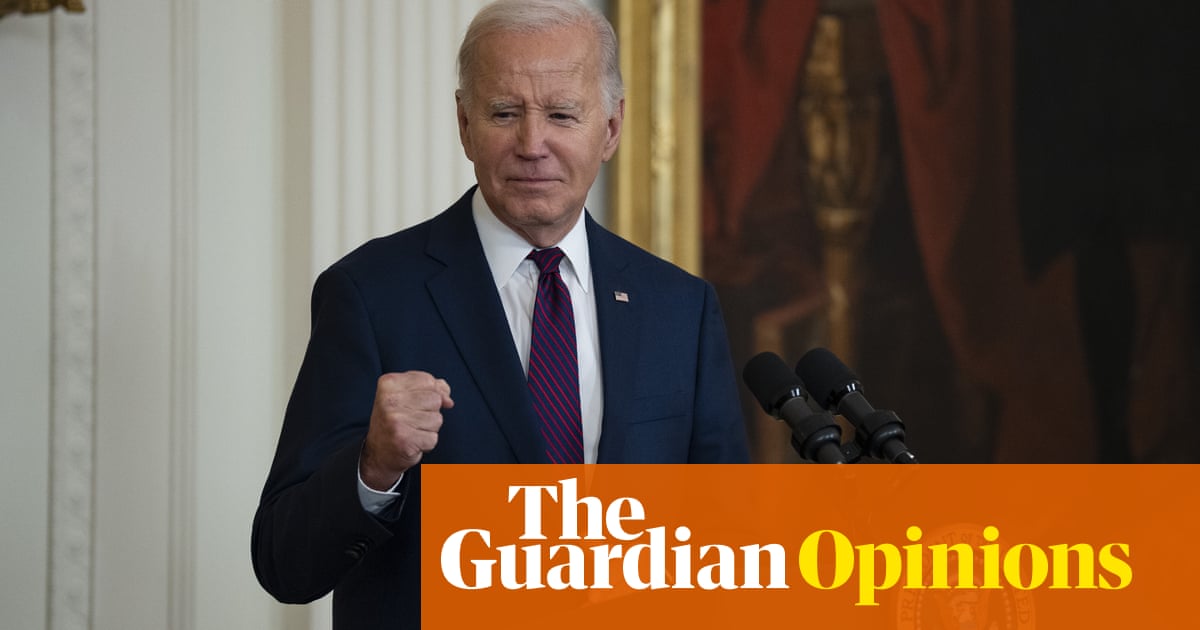
As the first phase of re-imposed US sanctions took effect on Tuesday, many Iranians blamed their government, not Washington, for their country’s deteriorating economy.
Despite days of protests and strikes across the country, there appeared to be less unrest on Tuesday -- although that said little about the depth of despair, particularly among poorer sections of society, reported Agence France Presse.
"I feel like my life is being destroyed. The economic situation right now means that the working class must die," said Ali Paphi, a construction worker.
"Sanctions are already badly affecting peoples lives. I cant afford to buy food, pay the rent... No one cares about workers."
Much of the damage was already done in the weeks preceding the return of sanctions, as US President Donald Trumps aggressive rhetoric spooked investors and triggered a run on the rial.
That only added to deep-seated problems of corruption, a chaotic banking system and rampant unemployment after decades of mismanagement.
"Prices have been increasing for three or four months and everything we need has become so expensive, even before sanctions returned," said Yasaman, a 31-year-old photographer in Tehran.
Like many in the capital, he believes Irans leaders will be forced to return to the negotiating table, as Trump hopes.
"I hope it will happen one day. Most people believe the politicians will have to drink the poison cup eventually," said Yasaman according to AFP.
Most Iranians have tuned out the endless US hostility, with which they have lived for four decades, so their anger is mostly directed at their own leaders.
"Prices are rising again, but the reason is government corruption, not US sanctions," said Ali, a 35-year-old decorator.
Like many, he sees President Hassan Rouhani as powerless to improve things.
"He cant solve the problems. Its been shown several times that he is not the decision-maker in this country. Our problem is our representatives and system," he added.
Wealthier and educated Iranians have also lost hope, but they have an option to leave -- even if it weighs heavy on the heart.
Sogand, a young Iranian-American, came to live in Iran for the first time five years ago and had enjoyed the thaw in international tensions that accompanied the nuclear deal.
But in recent months, she grew worried about her status as a dual national -- several have been arrested on espionage charges in Iran -- and decided it was time to get out.
"I feel ashamed for abandoning my colleagues during this economic crisis. I feel guilty for having the resources to leave so quickly in front of my friends," she said according to AFP.
"(But) the economic destabilization and the unraveling of any and all financial prospects in this country was the nail on the coffin."











